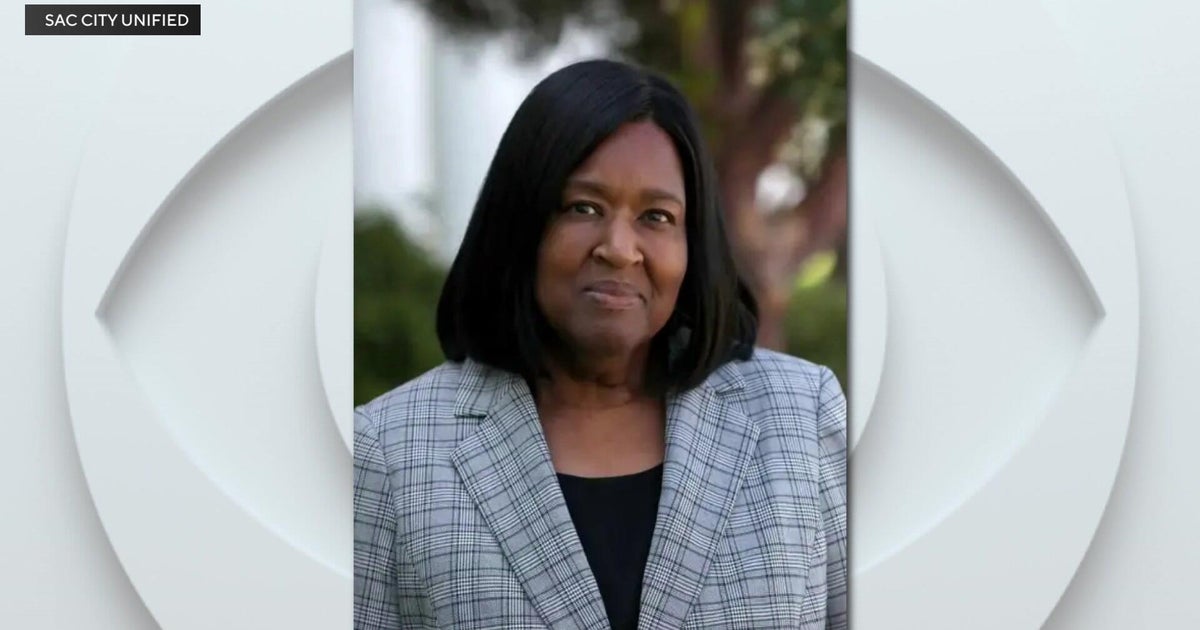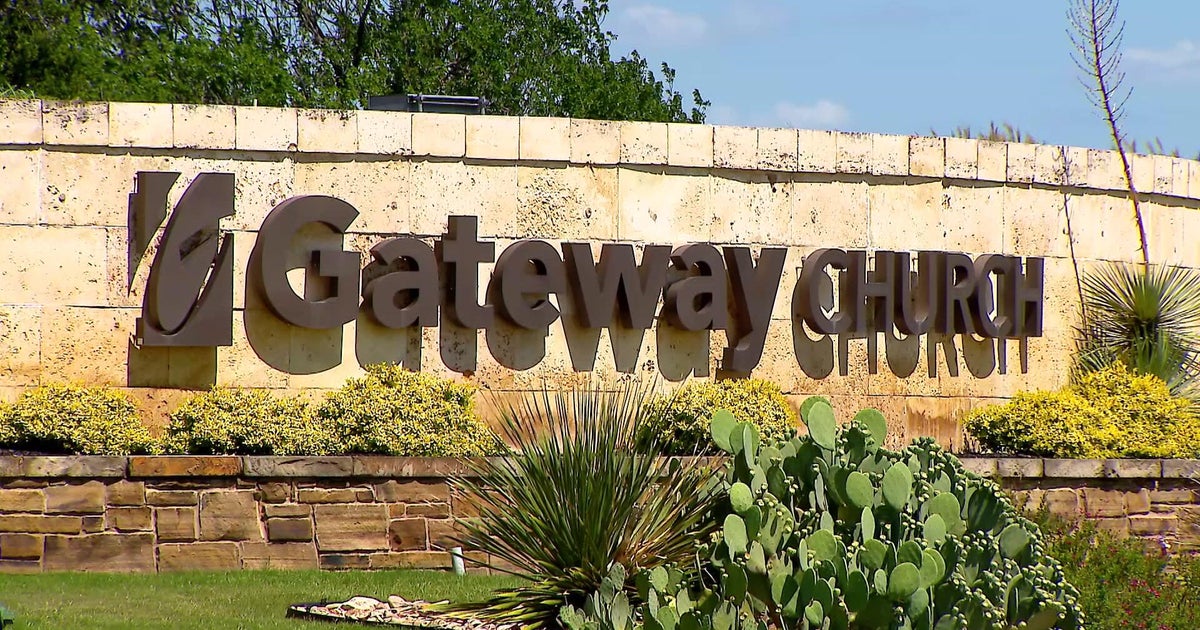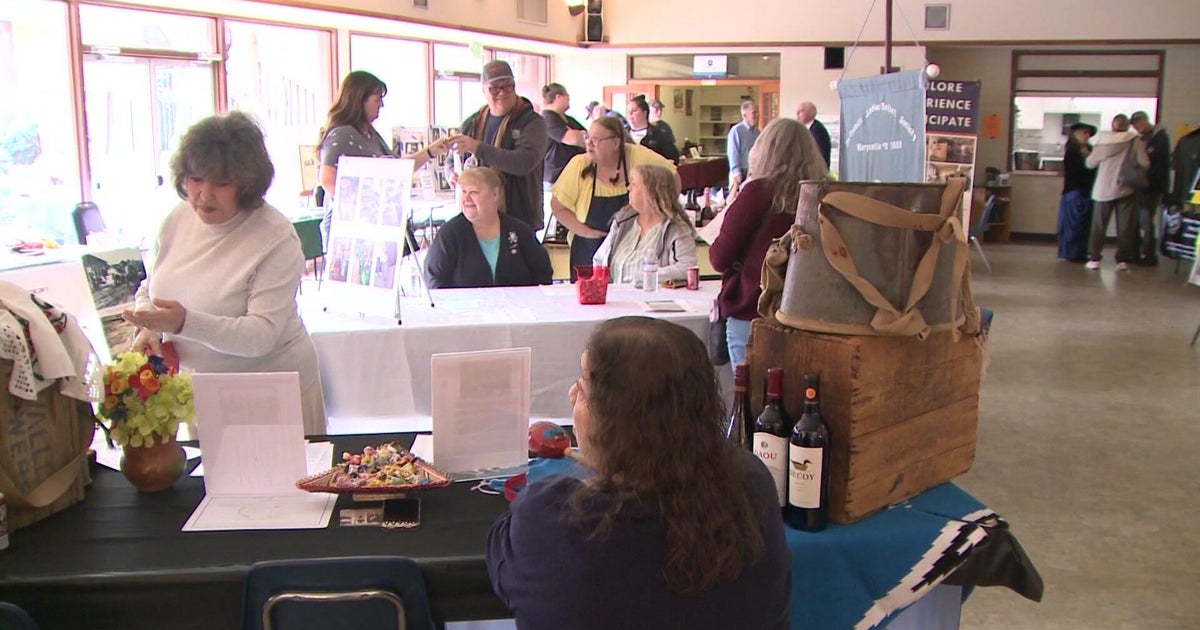Drilling Debate: Should Cities Decide?
DALLAS (CBS 11 NEWS) - A proposed bill in the Texas legislature would limit cities' powers to determine where or even if drilling for oil and gas should be allowed.
On Thursday, Dallas County Judge Clay Jenkins joined environmental groups in urging defeat of the measure. They claim it takes away the power of local governments to make their own decisions on drilling locations.
Cities have flexed their drilling muscles in recent months...and not just Dallas. In November, voters in Denton approved a ban on fracking within city limits. But now, a bill in Austin would put the power to okay drilling in the hands of the Railroad Commission, according to Dallas County Judge Clay Jenkins.
"In this session (of the legislature) there have been repeated efforts to take away from local people their right to self-determination," he said.
Judge Jenkins joined Dallas councilman Philip Kingston and environmental groups urging that House Bill 40 be defeated. They say the measure not only infringes on cities' powers, it could force them to accept dangerous unwanted drilling rigs. "And it's fair that our citizens should have a say on what they want next to our schools and in this urban area. There's only 6,000 people in all of Dallas County that don't live in a city," according to Jenkins.
Philip Kingston worries the Railroad Commission would be the tool of the oil and gas industry. "They're greedy. It's the smallest percentage of the exploitable minerals in the state--the stuff that's actually within cities--and event that tiny amount they can't keep their hands off."
He says local ordinances mean local attention; if there's a gas problem, local firefighters are quick to responds. "And when we leave it up to the state to protect local public health and safety, we get a West explosion," where under-regulation of fertilizer storage and products allegedly contributed to the deadly explosion in the Central Texas town of West. "This bill is a trial lawyer's full employment act," Kingston concluded.
But SMU's Bernard Weinstein cautions there's more at stake. "It's my understanding that the state of Texas has primacy in terms of overseeing the oil and gas industry. Yet, local governments can do things like setback ordinances, noise abatements ordinances, but an outright ban on hydraulic fracturing is probably unconstitutional"
Dr. Weinstein is associate director of the Maguire Energy Institute at SMU's Cox School of Business. Weinstein argues that as a result of the fracking ban in Denton, people are being deprived of the opportunity to utilize their assets. "That's comparable to an uncompensated taking. And indeed there have already been lawsuits filed saying, 'If you're not going to allow me to develop that asset, then you have to compensate me for that loss of value.'"







